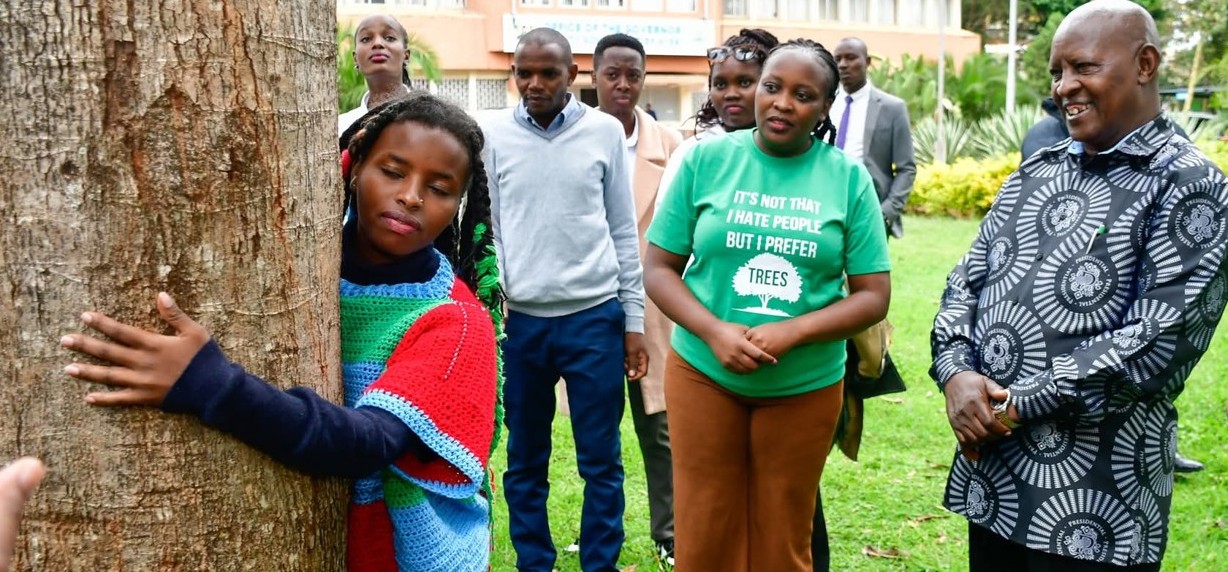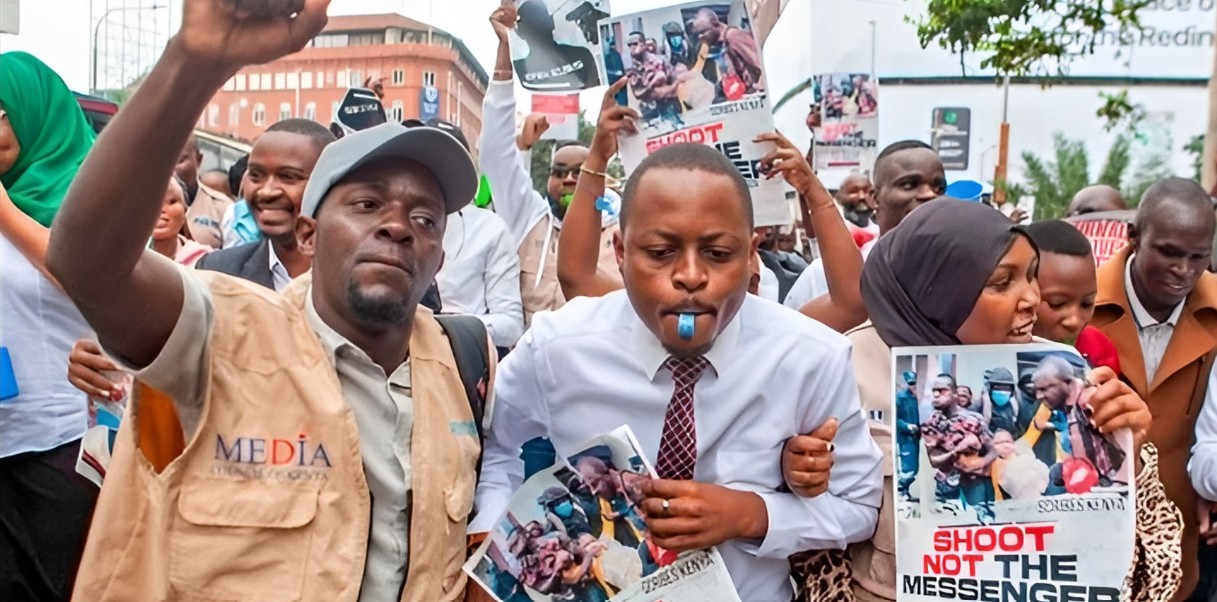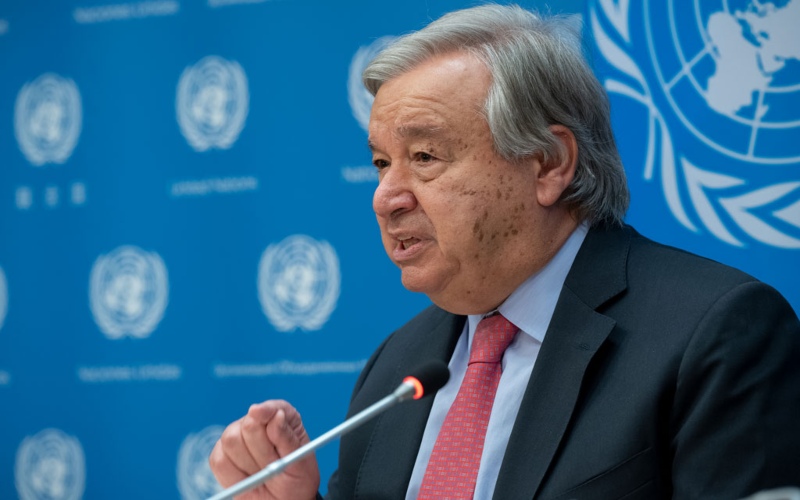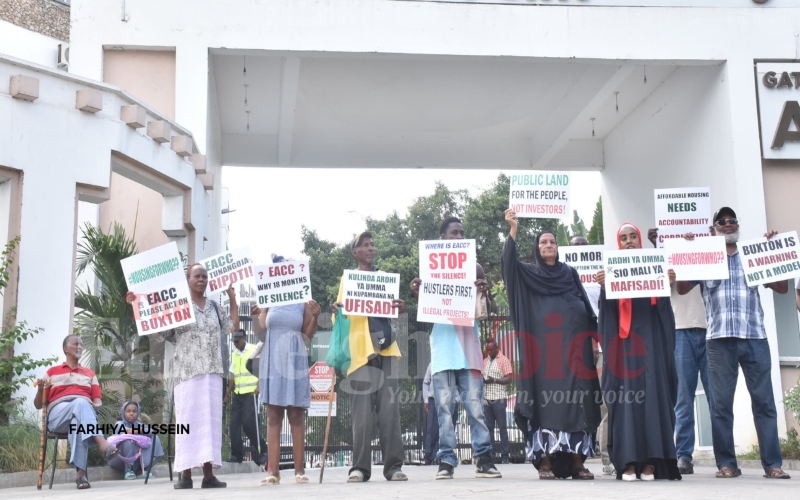Opinion: Why downplaying Al-Shabaab’s growing influence in Somalia is dangerous
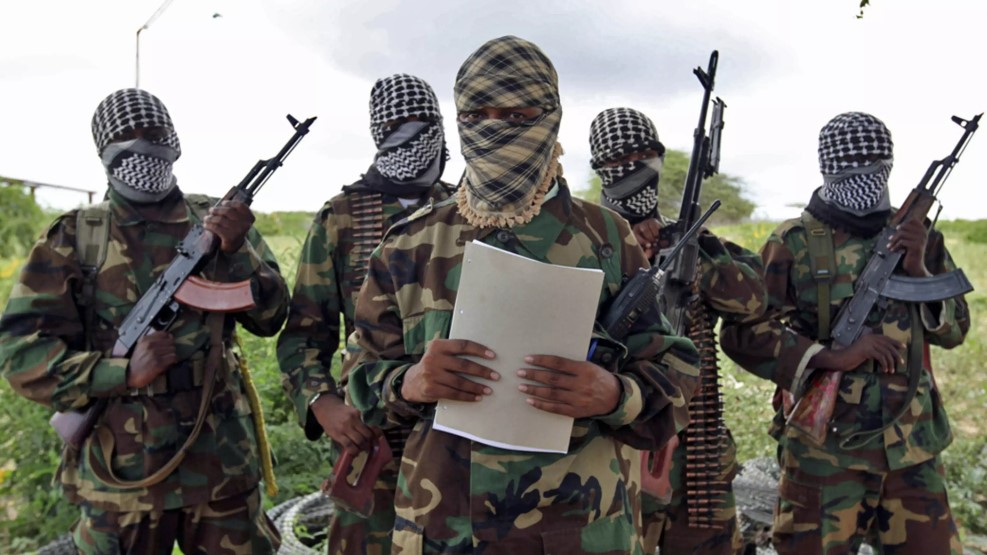
Military operations alone will not defeat Al-Shabaab. A comprehensive strategy must include political engagement with local communities, clan elders, and civil society to weaken Al-Shabaab’s grip at the grassroots level.
In a recently published op-ed in Addis Standard titled “Countering Alarmist Narratives: Debunking Al-Shabaab’s Perceived ‘Power Grab’ in Somalia,” Professor Abdinasir Ali Osman responded to my earlier article, “From Insurgency to Power Grab: Al-Shabaab’s deadly advance on Mogadishu signals Somalia’s descent into disaster.”
While I acknowledge and appreciate scholarly discourse, I deem it necessary to clarify that my article was predicated not on alarmist rhetoric or conjecture but rather on empirically derived evidence and the contemporaneous events that were shaping the regional landscape.
More To Read
- AfDB grants full debt relief to Somalia after decades of economic turmoil
- Trump faces rising backlash over remarks targeting Somali immigrants
- Somalia welcomes first group of Sudanese students under new scholarship programme
- Mogadishu’s Hamarweyne market shut for third day amid tax dispute
- How to make sweet and savoury plantains at home
- Somalia on high alert as Marburg virus outbreak hits neighbouring Ethiopia
In recent weeks, Al-Shabaab has recaptured several strategic towns in the Middle Shabelle and Lower Shabelle regions, including Adale, Ruun-Nirgood, and parts of the Kurtunwaarey district. These towns, previously declared ‘liberated’ by federal and allied forces, have returned to militant control with little resistance. This is not an isolated event—it is part of a broader trend that highlights the fragile nature of Somalia’s security landscape.
Al-Shabaab is not merely an insurgent group engaging in hit-and-run attacks. It has established parallel governance structures across rural Somalia, collecting taxes, resolving disputes, and providing security—functions traditionally associated with a state. Dismissing these activities as insignificant overlooks how Al-Shabaab continues to embed itself within Somali society both socially and economically.
Progress made, but not enough
The efforts of the Somalia National Army (SNA), the African Union Transition Mission in Somalia (ATMIS), and international partners are commendable. However, recent military operations have proven temporary, lacking the foundation of a sustainable political and governance framework. The swift loss of gains in Middle and Lower Shabelle exposes the deep-rooted structural weaknesses in Somalia’s security architecture.
The federal government’s struggle to contain Al-Shabaab has prompted President Hassan Sheikh Mohamud to seek additional military assistance. His recent visit to Turkey underscores the severity of the crisis, as he once again requests military aid to counter the militant group’s growing strength.
While external support may provide short-term relief, it does not address the fundamental issues of governance, security sector reform, and political cohesion needed for long-term stability.
Describing the political deadlock in Somalia as “tensions” misrepresents the gravity of the situation. The federal government’s inability to foster unity, consolidate power, and protect its citizens has created a leadership vacuum that Al-Shabaab is rapidly exploiting. This is not just a governance challenge—it is a national security crisis with profound regional implications.
Professor Abdinasir Ali Osman warned against creating a “self-fulfilling prophecy of despair.” However, denial and sugarcoating the crisis will not lead to progress. The first step toward meaningful reform is acknowledging the scale of the problem rather than minimizing its impact.
Military operations alone will not defeat Al-Shabaab. A comprehensive strategy must include political engagement with local communities, clan elders, and civil society to weaken Al-Shabaab’s grip at the grassroots level.
Governance in reclaimed areas must be strengthened, with immediate efforts to establish local administrations and public services to prevent Al-Shabaab’s return.
Community-based counterterrorism programmes are crucial to fostering collaboration between local populations and security forces, ensuring that people are not coerced into supporting militants.
International partners must also shift their focus from short-term military responses to long-term state-building and sustainable peace initiatives. A transparent, evidence-based policy discussion is needed, as dismissing the reality on the ground will not bring security.
The Somali Federal Government must reassess its political priorities. Instead of fixating on Somaliland’s status, development, and international agreements, it should focus on preventing Al-Shabaab from advancing further, addressing internal disputes, and stabilising federal states. The looming threat of Mogadishu falling under militant control should be the government’s primary concern.
The Somali people deserve leadership built on truth, not deception. The federal government and its international allies must stop underestimating the threat posed by Al-Shabaab and take immediate action to curb its growing influence. Rhetoric alone will not bring peace—only strategic, coordinated efforts will secure Somalia and the broader Horn of Africa.
Adam Daud Ahmed is a political and security analyst in the Horn of Africa. He can be reached at [email protected]
Top Stories Today


